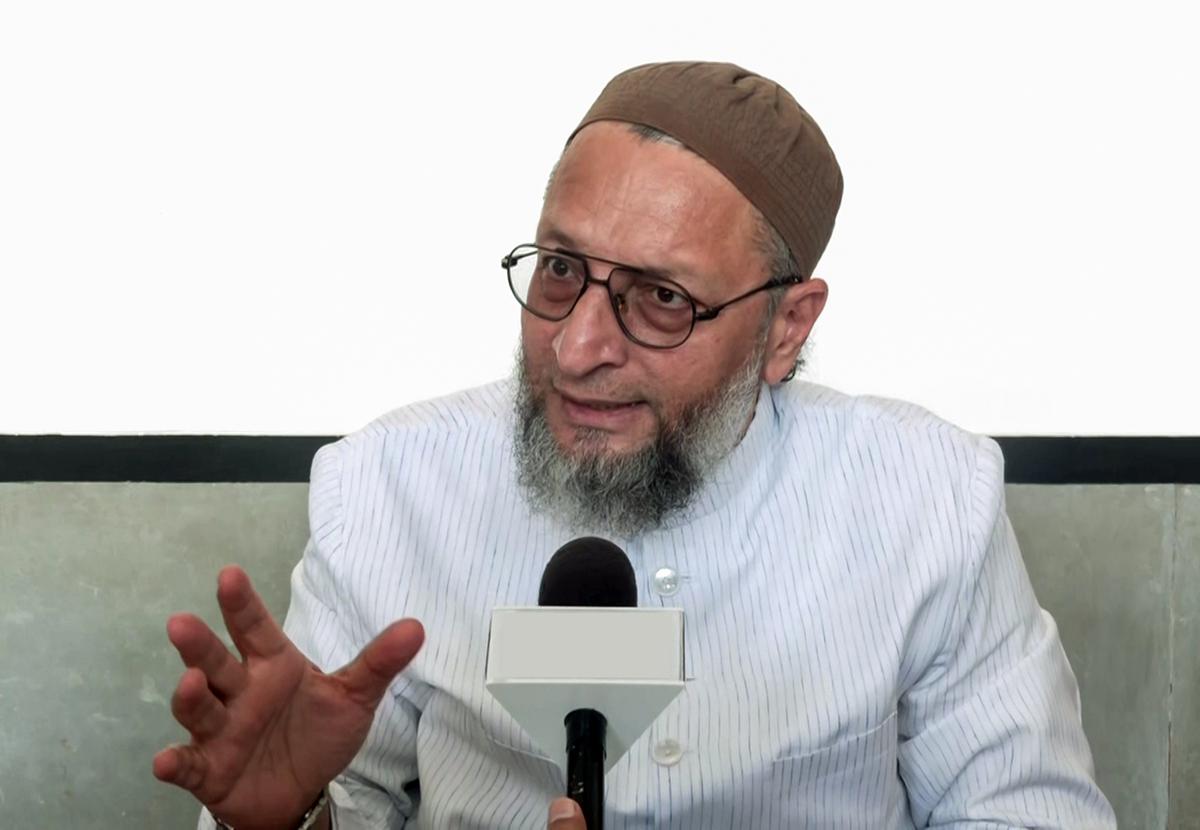Hamas Agrees to Gaza Ceasefire; Israel Signals Intent to Pursue Dialogue Amidst Airstrikes in Rafah
Tue 07 May 2024, 11:33:28
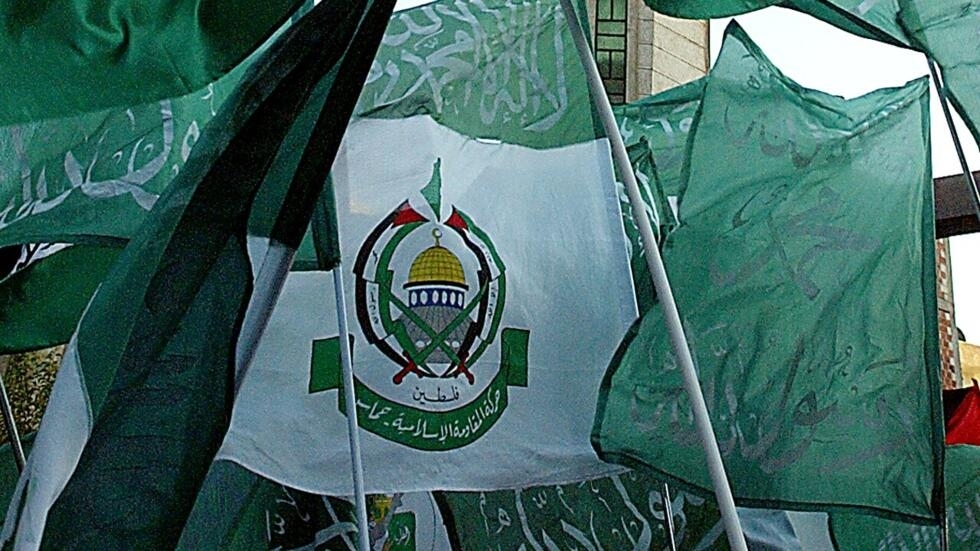
Hamas announced its acceptance of an Egyptian-Qatari ceasefire proposal on May 6, yet Israel declared the deal fell short of its 'core demands,' proceeding with an assault on Gaza's southern town of Rafah. Despite this, Israel affirmed its commitment to ongoing negotiations.
These high-stakes diplomatic maneuvers, coupled with military brinkmanship, offer a glimmer of hope, albeit faint, for a potential cessation in the 7-month-long conflict ravaging the Gaza Strip. However, looming over these negotiations is the ominous threat of a full-scale Israeli assault on Rafah—a move vehemently opposed by the United States and warned against by aid groups, who fear its catastrophic impact on the 1.4 million Palestinians seeking refuge there.
Hamas's sudden acceptance of the ceasefire deal followed Israel's evacuation order for approximately 100,000 Palestinians from eastern neighborhoods of Rafah, signaling an imminent invasion.
Despite Israel's decision to proceed with the Rafah operation, Prime Minister Benjamin Netanyahu's office indicated willingness to send negotiators to Egypt, acknowledging the proposal's shortcomings while underscoring its commitment to explore avenues for resolution.
While the Israeli military conducted targeted strikes in eastern Rafah, the exact nature of these strikes remained undisclosed, evidently aimed at maintaining pressure amid ongoing negotiations.
In a bid to de-escalate tensions, President Joe Biden engaged in talks with Prime Minister Netanyahu, reiterating U.S. concerns regarding an invasion of Rafah. Meanwhile, American officials reviewed Hamas's response, seeking clarity on whether it aligned with the version agreed upon by Israel and international negotiators.
The proposal accepted by Hamas, while
echoing earlier versions pressed by U.S. Secretary of State Antony Blinken, sought phased ceasefires, including a limited hostage release and partial Israeli troop withdrawals within Gaza, culminating in negotiations for a lasting peace.
echoing earlier versions pressed by U.S. Secretary of State Antony Blinken, sought phased ceasefires, including a limited hostage release and partial Israeli troop withdrawals within Gaza, culminating in negotiations for a lasting peace.
However, Hamas sought clearer assurances regarding an end to the conflict and complete Israeli withdrawal—a demand Israeli leaders staunchly opposed, vowing to continue their campaign until Hamas's eradication following its October 7 attack that triggered the war.
Netanyahu faces mounting pressure from hard-line coalition partners advocating for an assault on Rafah, which could jeopardize his government's stability. Simultaneously, he confronts demands from hostage families to secure their release, prompting thousands of Israelis to rally for immediate action.
The Rafah offensive, deemed crucial by Israel to neutralize Hamas's stronghold, faces staunch opposition from the U.S., citing concerns over Palestinian civilian safety and the absence of a credible protection plan.
As global alarm mounts over the impending operation's humanitarian toll, aid agencies caution against further civilian casualties in a conflict already claiming thousands of lives and displacing hundreds of thousands.
Despite the evacuation order's implementation, Palestinians in Rafah grapple with uncertainty and despair, weary from months of upheaval and devastation wrought by relentless airstrikes.
Israel's military campaign in Gaza has exacted a heavy toll, claiming tens of thousands of Palestinian lives and displacing the majority of the population. The conflict, ignited by a brazen October raid into southern Israel, continues to exact a devastating toll, underscoring the urgent need for a viable resolution to end the suffering and restore stability to the region.
No Comments For This Post, Be first to write a Comment.
Most viewed from National
Most viewed from World
AIMIM News
Asaduddin Owaisi questions PM Modi's China policy
Jan 08, 2025
Owaisi slams UP over police post near Sambhal mosque
Dec 31, 2024
Owaisi hails SC order on Places of Worship Act
Dec 13, 2024
AAP Corporator Tahir Hussain joins AIMIM party
Dec 11, 2024
Latest Urdu News
Most Viewed
May 26, 2020
Which political party will win the Delhi Assembly polls to be held on Feb 5?
Latest Videos View All
Like Us
Home
About Us
Advertise With Us
All Polls
Epaper Archives
Privacy Policy
Contact Us
Download Etemaad App
© 2025 Etemaad Daily News, All Rights Reserved.



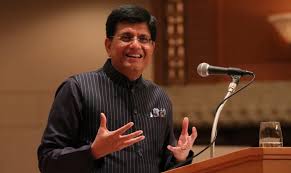
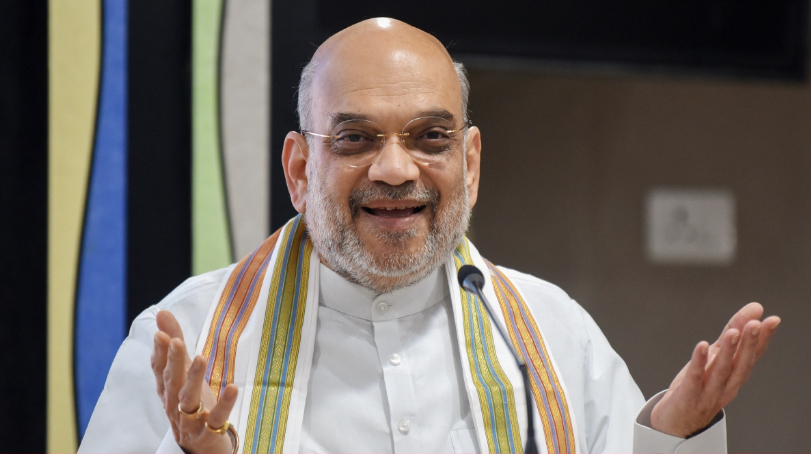
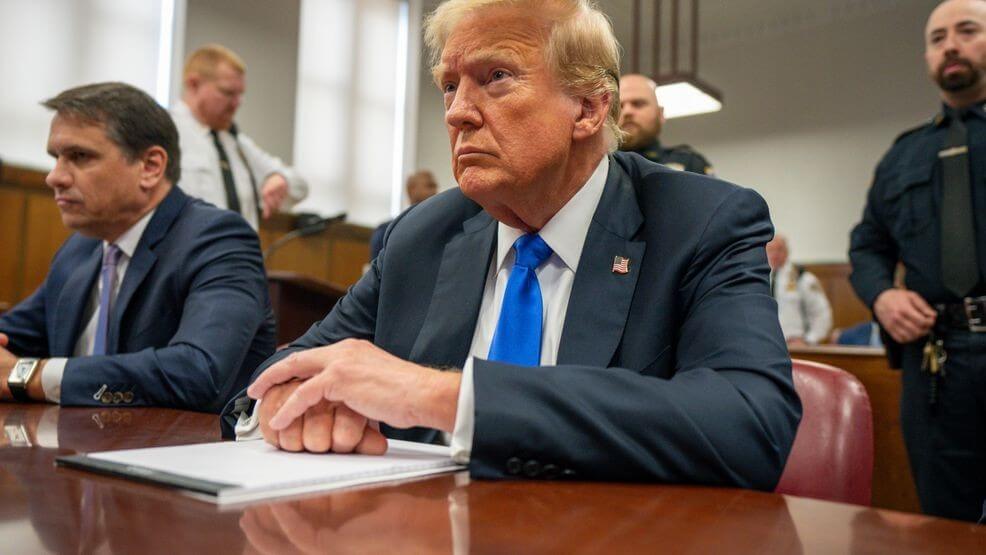
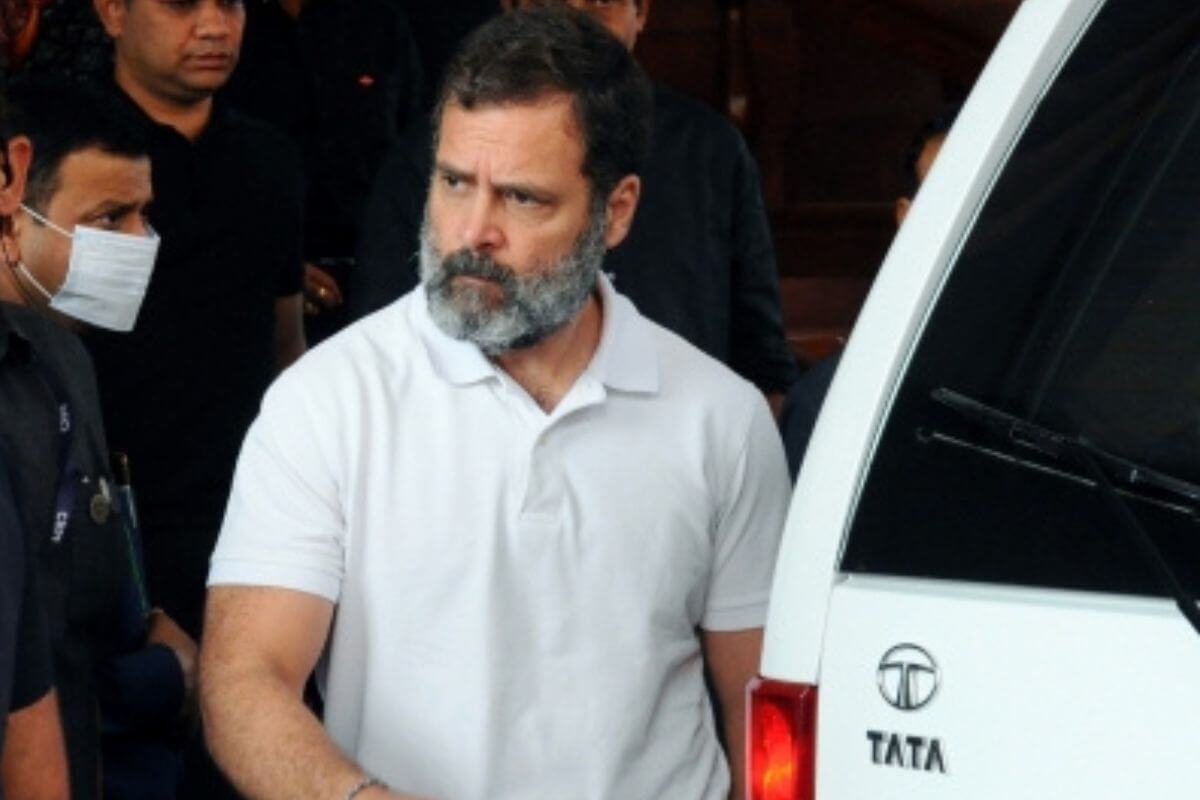
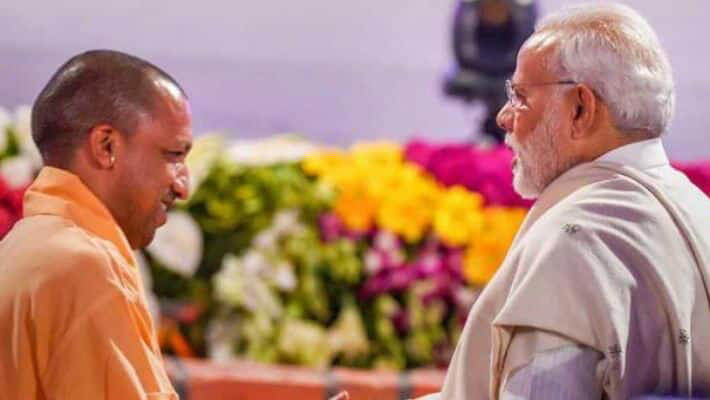


.jpg)
.jpg)
.jpg)
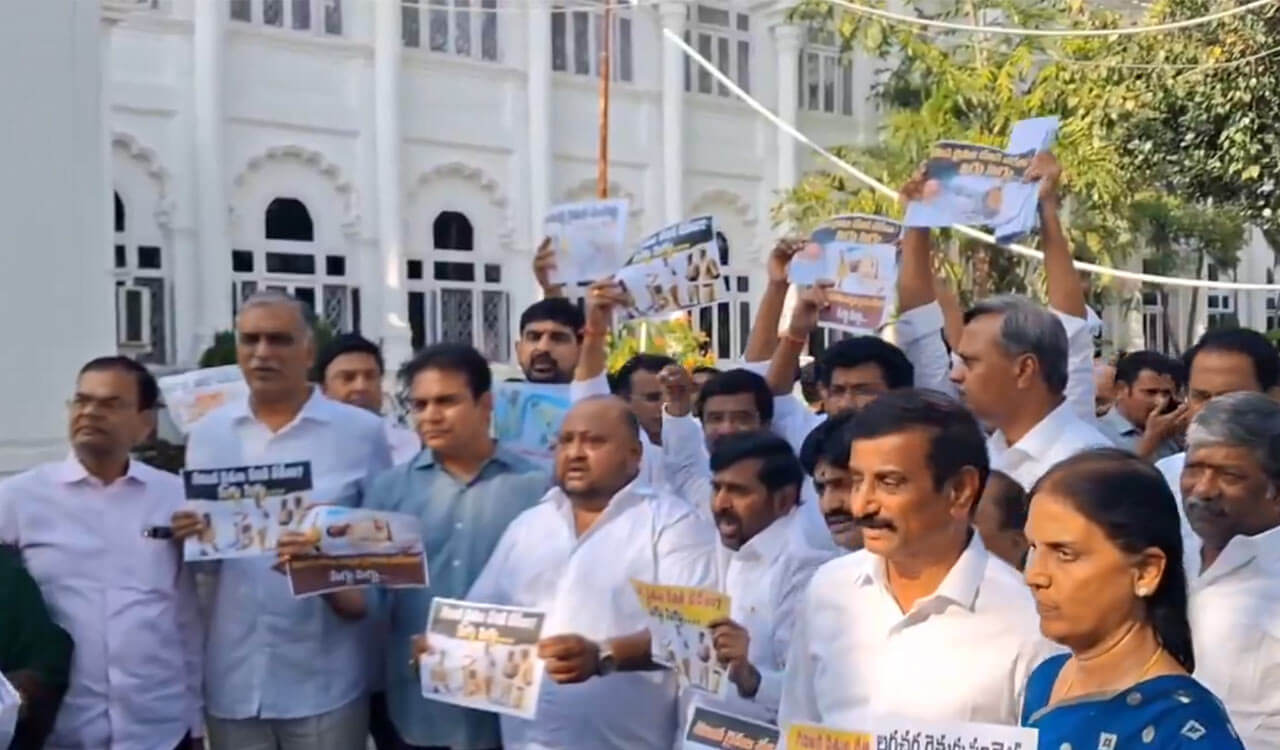




.jpg)
.jpg)

.jpg)
.jpg)
.jpg)
.jpg)




